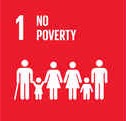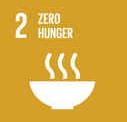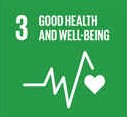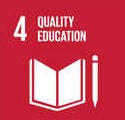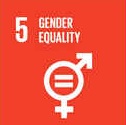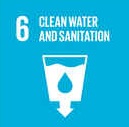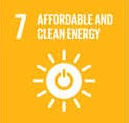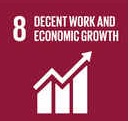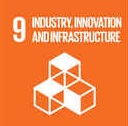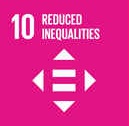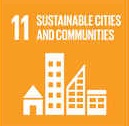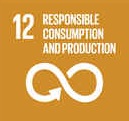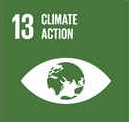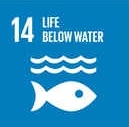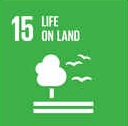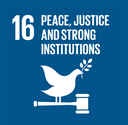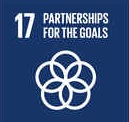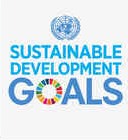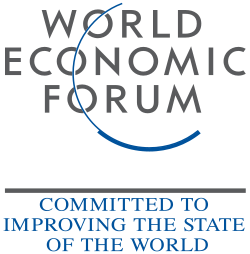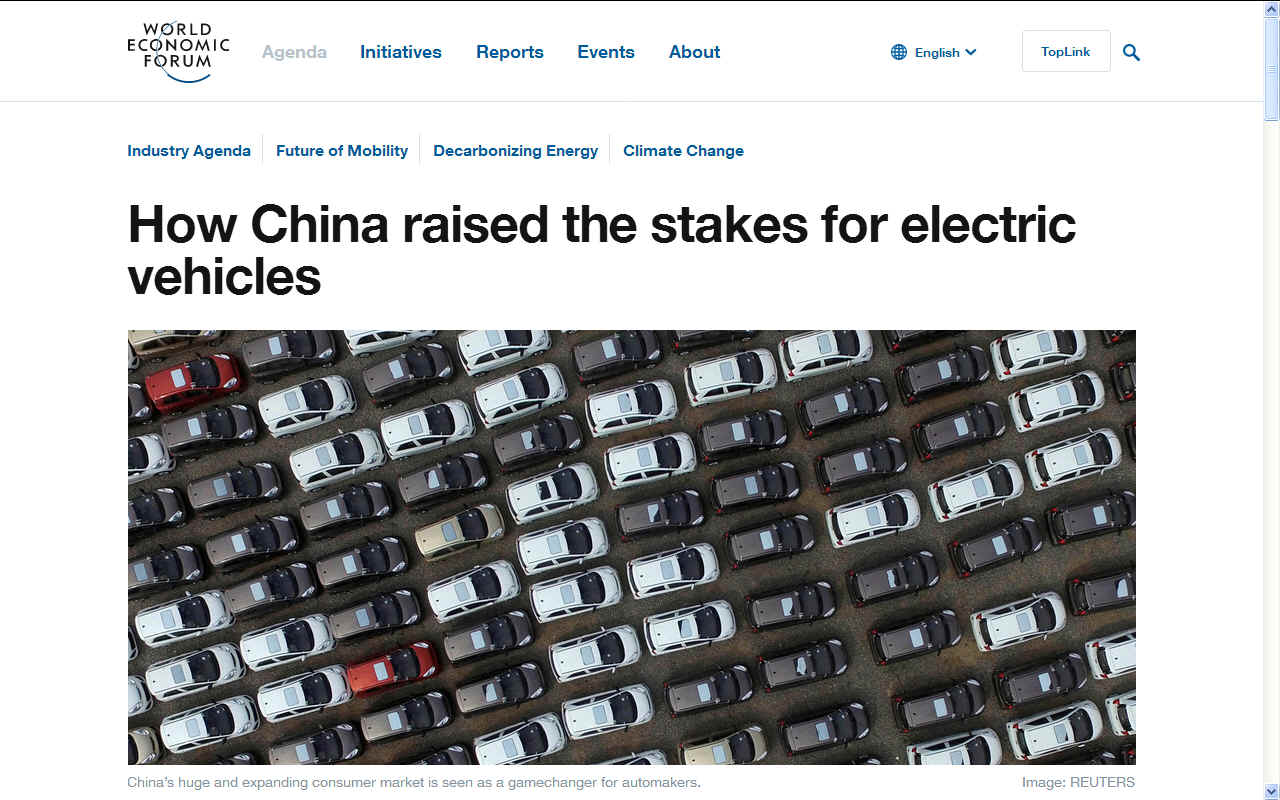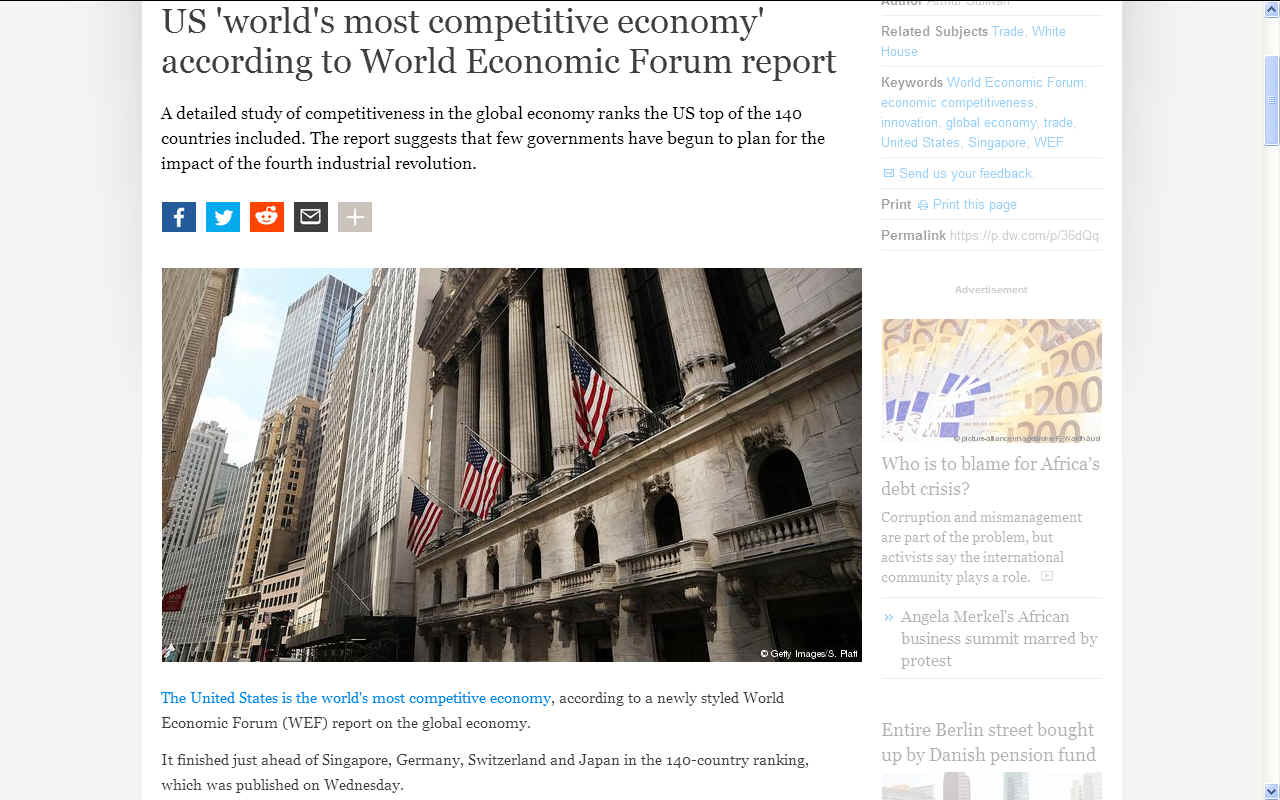
TOP
DOG - The US is the 'world's most competitive economy' according to World Economic Forum report
A detailed study of competitiveness in the global economy ranks the US top of the 140 countries included. The report suggests that few governments have begun to plan for the impact of the fourth industrial revolution.
It finished just ahead of Singapore,
Germany,
Switzerland and
Japan in the 140-country ranking, which was published on Wednesday.
The WEF's 'Global Competitiveness Index 4.0' is something of a departure from previous editions of the annual report, in that it has slightly changed its name and updated its methodology in order to — in the report's own words — reflect "the changing nature of economic competitiveness in a world that is becoming increasingly transformed by new, digital technologies".
Under the previous format, simply called the Global Competitiveness Index, the US was consistently in the top three but had not finished in top spot since 2008, with Switzerland topping the list for nine years in a row from 2008 to 2017.
However, the 2018 edition, using the new criteria, "backcast" data for 2017 and came up with new rankings for that year. In that updated list, the US finished top as well.
In addition to ranking countries, the report makes a number of general assessments regarding the overall competitiveness and health of the world economy. Its central finding is that the new wave of digital technologies creating fresh policy challenges for governments runs the risk of impacting global growth and productivity in the near future.
The report argues that many of the key factors that will drive future economic growth, such as idea generation, entrepreneurial culture, openness and agility, have not yet been the focus of major governmental policy making.
The World Economic Forum (WEF), based in Cologny-Geneva, Switzerland, was founded in 1971 as a not-for-profit organization. It gained formal status in January 2015 under the Swiss Host-State Act, confirming the role of the Forum as an International Institution for Public-Private Cooperation. The Forum's mission is cited as "committed to improving the state of the world by engaging business, political, academic, and other leaders of society to shape global, regional, and industry agendas."
The WEF is best known for its annual meeting at the end of January in Davos, a mountain resort in Graubünden, in the eastern Alps region of Switzerland. The meeting brings together some 2,500 top business leaders, international political leaders, economists, celebrities and journalists for up to four days to discuss the most pressing issues facing the world.
The organization also convenes some six to eight regional meetings each year in locations across Africa, East Asia and Latin America, and holds two further annual meetings in
China,
India and the United Arab Emirates. Beside meetings, the organization provides a platform for leaders from all stakeholder groups from around the world – business, government and civil society – to come together. It also produces a series of research reports and engages its members in sector-specific initiatives.
FUNDING
The foundation is funded by its 1,000 member companies, typically global enterprises with more than five billion dollars in turnover (varying by industry and region). These enterprises rank among the top companies within their industry and/or country and play a leading role in shaping the future of their industry and/or region. Membership is stratified by the level of engagement with forum activities, with the level of membership fees increasing as participation in meetings, projects, and initiatives rises. As of 2011, an annual membership costs $52,000 for an individual member, $263,000 for "Industry Partner" and $527,000 for "Strategic Partner". An admission fee costs $19,000 per person. In 2014, WEF raised annual fees by 20 percent, making the cost for "Strategic Partner" from CHF 500,000 ($523,000) to CHF 600,000 ($628,000).
THINK TANK
The foundation also acts as a think tank, publishing a wide range of reports. In particular, "Strategic Insight Teams" focus on producing reports of relevance in the fields of competitiveness, global risks, and scenario thinking.
The "Competitiveness Team" produces a range of annual economic reports (first published in brackets): the Global Competitiveness Report (1979) measured competitiveness of countries and economies; The Global Information Technology Report (2001) assessed their competitiveness based on their IT readiness; the Global Gender Gap Report examined critical areas of inequality between men and women; the Global Risks Report (2006) assessed key global risks; the Global Travel and Tourism Report (2007) measured travel and tourism competitiveness; the Financial Development Report (2008) aimed to provide a comprehensive means for countries to establish benchmarks for various aspects of their financial systems and establish priorities for improvement; and the Global Enabling Trade Report (2008) presented a cross-country analysis of the large number of measures facilitating trade among nations.
The "Risk Response Network" produces a yearly report assessing risks which are deemed to be within the scope of these teams, have cross-industry relevance, are uncertain, have the potential to cause upwards of US$10 billion in economic damage, have the potential to cause major human suffering, and which require a multi-stakeholder approach for mitigation.
ORGANIZATION
Headquartered in Cologny, the WEF also has offices in New York, Beijing and Tokyo. On October 10, 2016, the Forum announced the opening of its new Center for the Fourth Industrial Revolution in San Francisco. According to the Forum, the center will "serve as a platform for interaction, insight and impact on the scientific and technological changes that are changing the way we live, work and relate to one another".
The World Economic Forum strives to be impartial and is not tied to any political, partisan, or national interests. The foundation is "committed to improving the State of the World". Until 2012, it had observer status with the
United Nations Economic and Social Council; it is under the supervision of the Swiss Federal Council. The foundation's highest governance body is the foundation board.
The Forum is chaired by Founder and Executive Chairman Professor Klaus Schwab and is guided by a Board of Trustees that is made up of leaders from business, politics, academia and civil society. Members of the Board of Trustees include: Peter Brabeck-Letmathe, H.M. Queen Rania Al Abdullah of Jordan, Mukesh Ambani, Marc Benioff, Mark Carney, Orit Gadiesh, Al Gore, Herman Gref, Angel Gurría, André Hoffmann, Jim Yong Kim, Christine Lagarde, Ursula von der Leyen, Yo-Yo Ma, Peter Maurer, Luis Alberto Moreno, Indra Nooyi, L. Rafael Reif, Jim Hagemann Snabe, Heizo Takenaka, and Min Zhu.
See below.
The Managing Board is chaired by the Forum's President, Børge Brende, and acts as the executive body of the World Economic Forum. Managing Board members are W. Lee Howell, Jeremy Jurgens, Cheryl Martin, Adrian Monck, Philipp Rösler, Richard Samans, Olivier Schwab, Murat Sönmez and Alois Zwinggi.
WEF
TRUSTEES
|

Mukesh D. Ambani
|

Marc Benioff
|

Peter Brabeck-Letmathe
|

Mark Carney
|

Orit Gadiesh
|
|

Fabiola
Gianotti
|

Al Gore
|

Herman Gref
|

Angel Gurría
|

André Hoffmann
|
|

Jim Yong Kim
|

Christine Lagarde
|

Ursula von der Leyen
|

Jack Ma
|

Yo-Yo Ma
|
|

Peter Maurer
|

Luis Alberto Moreno
|

Indra Nooyi
|

Queen Rania Al Abdullah
|

L. Rafael Reif
|
|

David M. Rubenstein
|

Klaus Schwab
|

Jim Hagemann Snabe
|

Heizo Takenaka
|

Min Zhu
|
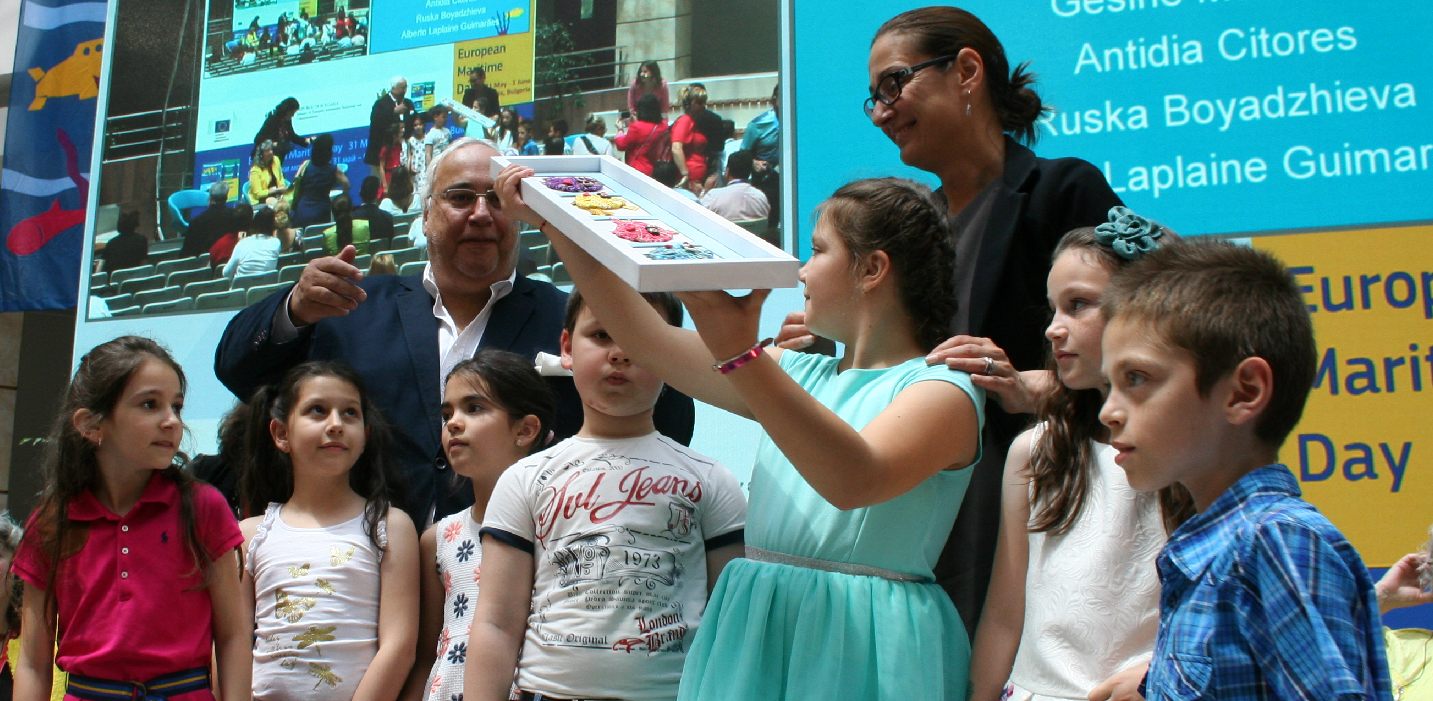
FOR
OUR CHILDREN - This was the conclusion of European
Maritime Day in Burgas: The children of Burgas present Alberto Laplaine Guimarães
with a gift from the Bulgarian City.
Sustainable growth and aims for a circular economy are for our
children and their children, and their children, and their
children - lest we forget why we are working to clean our act
up. As trustees of our blue
planet we should hand the world to our successors in better shape
than we found it. Copyright ©
photograph June 1 2018 Cleaner Ocean Foundation.
INTERNATIONAL
ORGANIZATIONS 2018
|
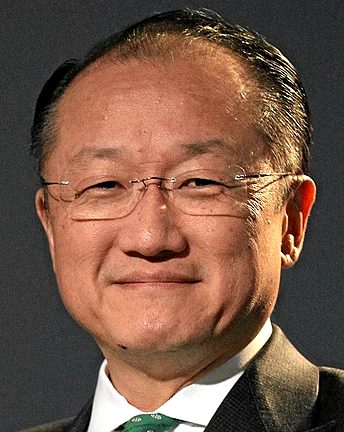
WORLD
BANK
|
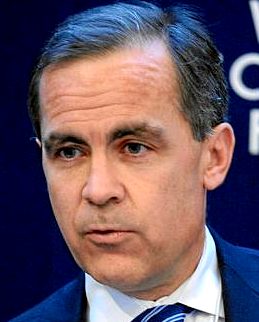
FINANCIAL
STABILITY BOARD
|
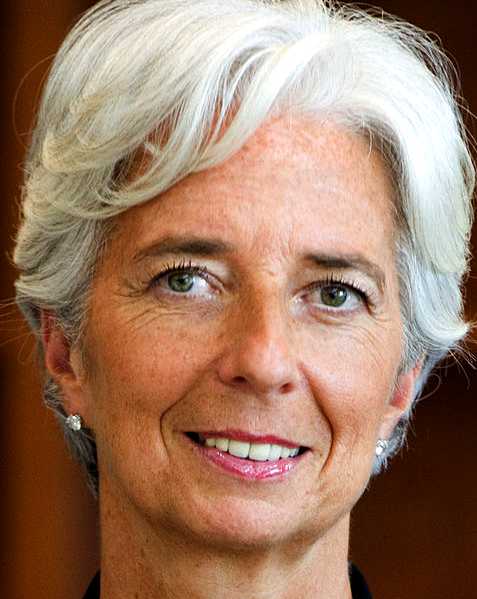
INT
MONETARY FUND
|
|
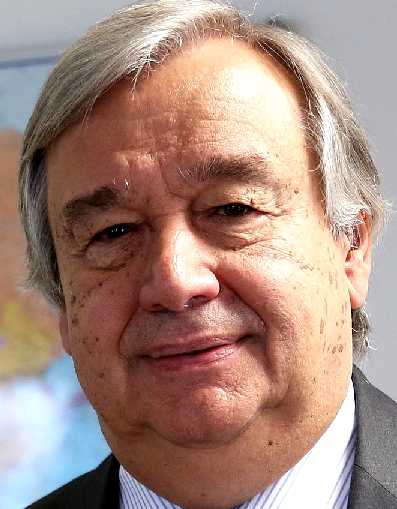
UNITED
NATIONS
|
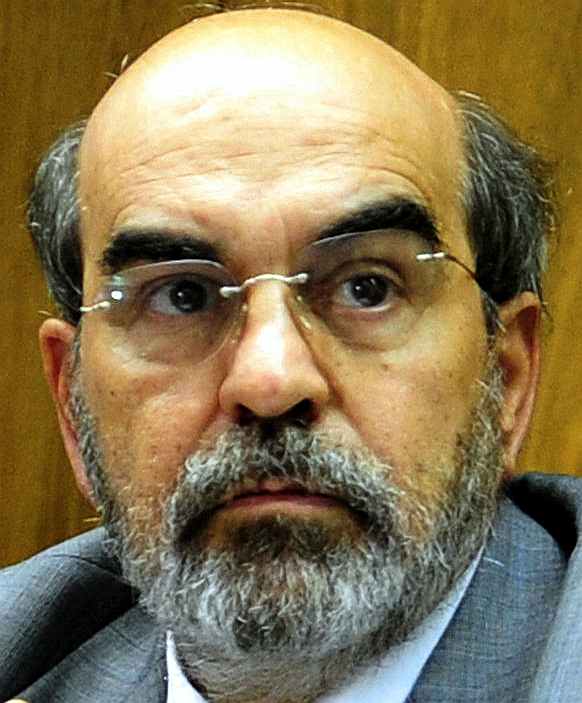
FOOD
& AGRICULTURE ORG
|
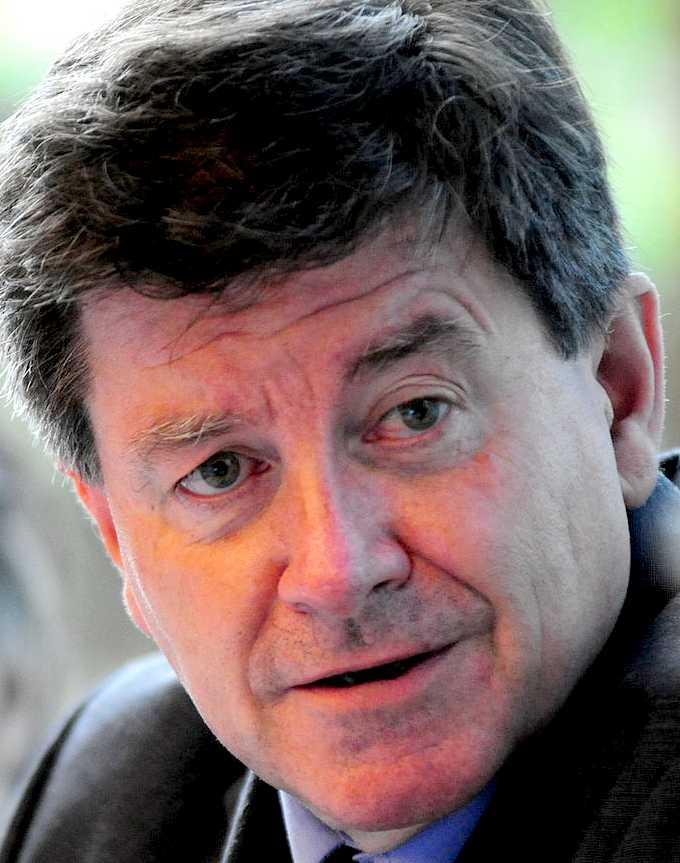
INT
LABOUR ORG
|
|
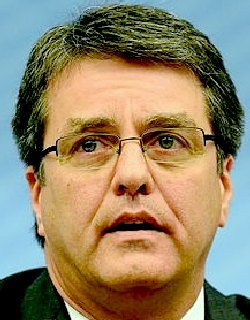
WORLD
TRADE ORG
|
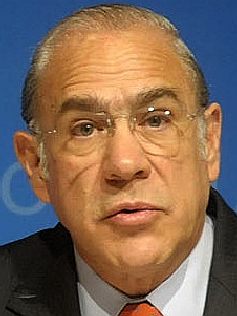
ORG
ECONOMIC COOPERATION & DEV
|
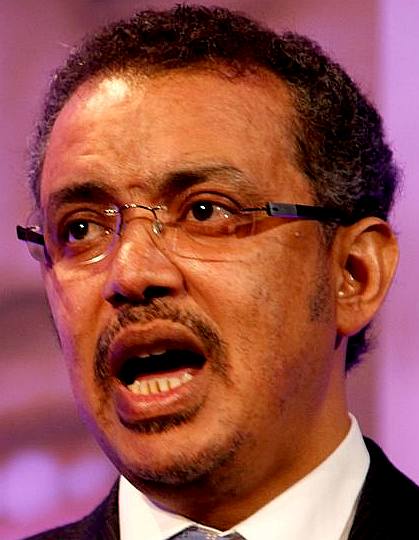
WORLD
HEALTH ORG
|
|
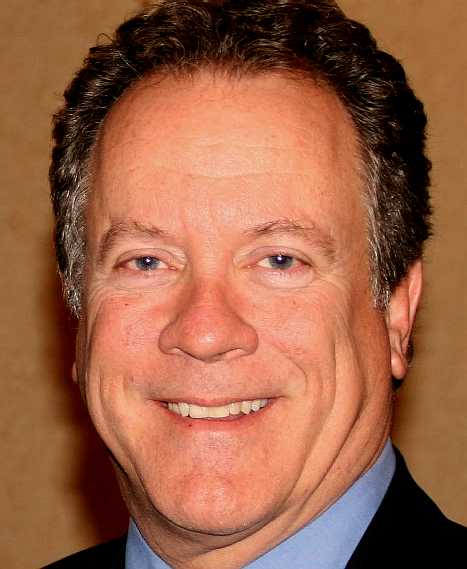
WORLD
FOOD PROGRAMME
|
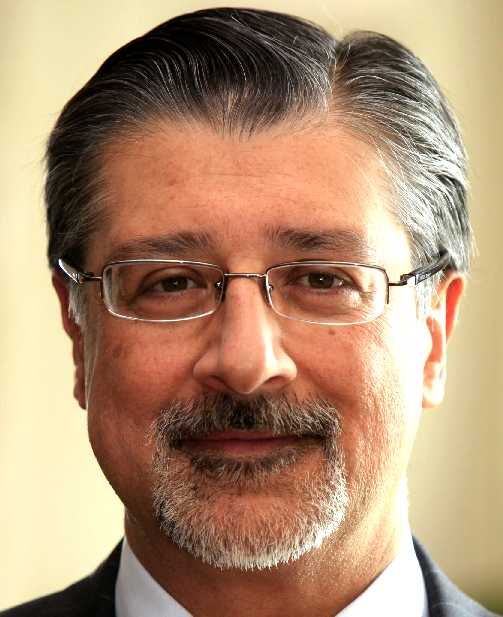
INT
RENEWABLE ENERGY AGENCY
|
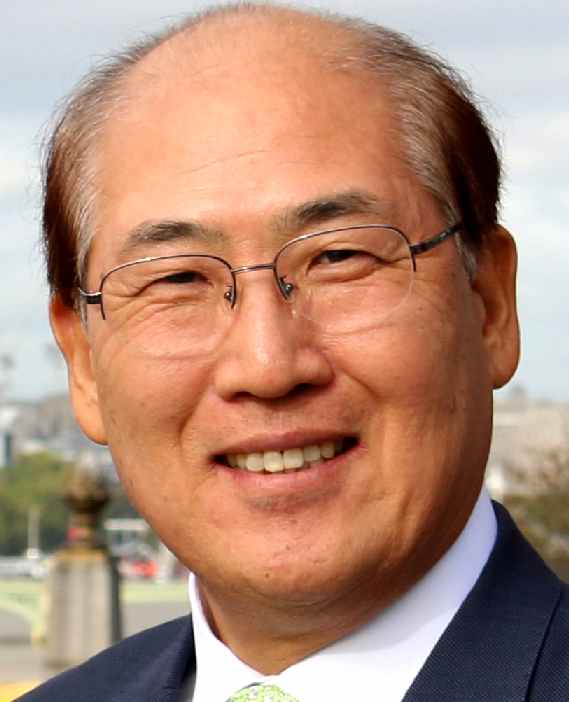
INT
MARITIME ORGANIZATION
|
|

WORLD
ECONOMIC FORUM
|
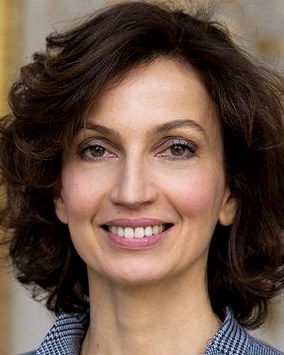
UNESCO
|
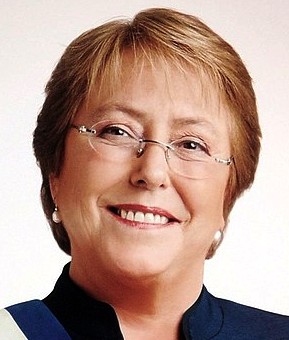
UN
HUMAN RIGHTS COUNCIL
|
A
BIT OF HISTORY
1971: German-born Klaus Schwab, professor of business at the University of Geneva, arranged the first meeting between business leaders to discuss global management practices.
Initially named the European Management Forum was
aimed first at helping companies in Europe catch up with US management practices.
1973: For the first time, the event discussed global events such as the Arab-Israeli war and widened its focus to economic and social issues.
1974: Political leaders were invited for the first time.
1987: Professor Schwab changed the name of the event to the World Economic Forum.
1992: Newly-released freedom fighter Nelson Mandela shared a stage for the first time with
South African President Frederik Willem de Klerk.
2002: The event was held in New York, instead of Davos, to show solidarity with the US following the September 11 terrorist attacks.
2003: Protests at the WEF by anti-globalisation groups – who believe globalisation and capitalism have increased worldwide
poverty - started during the 1990s and culminated in full-scale riots in 2003.
Many of the protesters were blocked from entering the town of Davos by police resulting in riots in the city of Bern. While there are still a steady number of protests every year, the number has gradually decreased since 2003.
2011: The WEF began to address the lack of women represented at the annual forum and introduced a quota of at least one female for every five senior executives who attended.
The number of female attendees at the event has increased from nine per cent in 2001 to 21 per cent in 2017.
2014: CNN reported that businesses have to pay around $40,000 to send a single delegate to the event.
2018: US President Trump is set to deliver a speech on the last day of the event.
The billionaire is to be among 70 heads of state or government who are expected to be on hand, along with hundreds of business executives, academics, government officials, and artists.
TRUSTEES
LIST
Mukesh D. Ambani
Marc Benioff
Peter Brabeck-Letmathe
Mark Carney
Orit Gadiesh
Fabiola Gianotti
Al Gore
Herman Gref
Angel Gurría
André Hoffmann
Jim Yong Kim
Christine Lagarde
Ursula von der Leyen
Jack Ma
Yo-Yo Ma
Peter Maurer
Luis Alberto Moreno
Indra Nooyi
Queen Rania Al Abdullah
L. Rafael Reif
David M. Rubenstein
Klaus Schwab
Jim Hagemann Snabe
Heizo Takenaka
Min Zhu
DAVOS
21
January 2019
